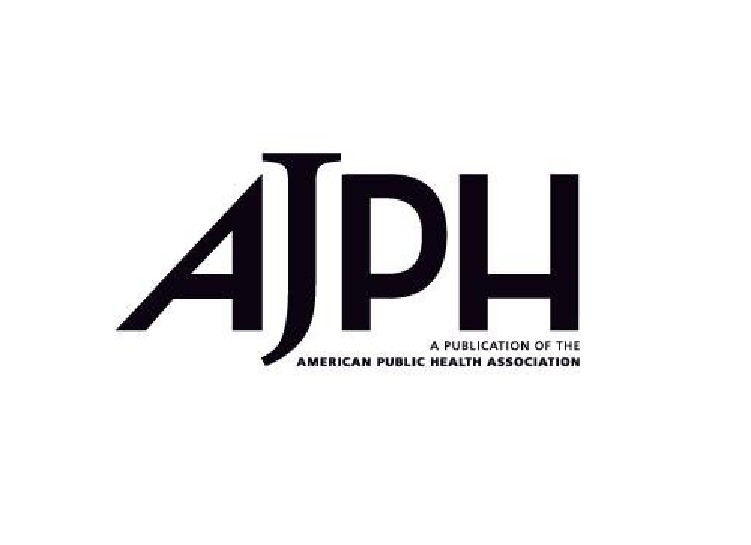At present, one of the greatest risks to human health comes from the deluge of misleading, conflicting, and manipulated information currently available online. This includes health misinformation, defined as any “health-related claim of fact that is currently false due to a lack of scientific evidence.” Vaccination is a topic particularly susceptible to online misinformation, even as the majority of people in the United States endorse the safety and efficacy of vaccines. The reduction of infectious diseases through immunization ranks among the greatest health accomplishments of the 20th century, yet as the 21st century progresses, vaccine misinformation threatens to undermine these successes. The rise in vaccine hesitancy—the delay and refusal of vaccines despite the availability of vaccination services—may be fueled, in part, by online claims that vaccines are ineffective, unnecessary, and dangerous. While opposition to vaccines is not new, these arguments have been reborn via new technologies that enable the spread of false claims with unprecedented ease, speed, and reach.
Combating vaccine misinformation requires an understanding of the prevalence and types of arguments being made and the ability to track how these arguments change over time. One of the earliest inventories of online vaccine misinformation comes from Kata’s 2010 content analysis of antivaccine Web sites. In this work, web sites were labeled for 6 “content attributes”: alternative medicine; civil liberties; conspiracies and search for truth; morality, religion, and ideology claims; safety and effectiveness concerns; and misinformation. All Web sites shared content from more than 1 area: 100% promoted safety concerns and conspiracy content, 88% also promoted civil liberties and alternative medicine content, and 50% also promoted morality claims.7 Misinformation and antivaccine arguments were nearly synonymous, with 88% of Web sites relying on outdated sources, misrepresenting facts, self-referencing “experts,” or presenting unsupported falsehoods.


